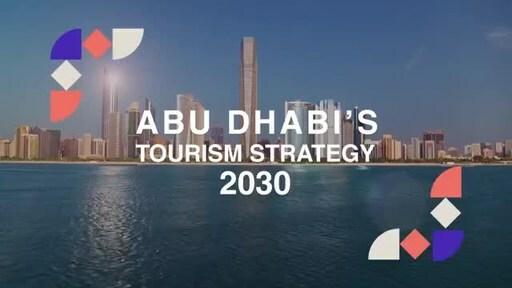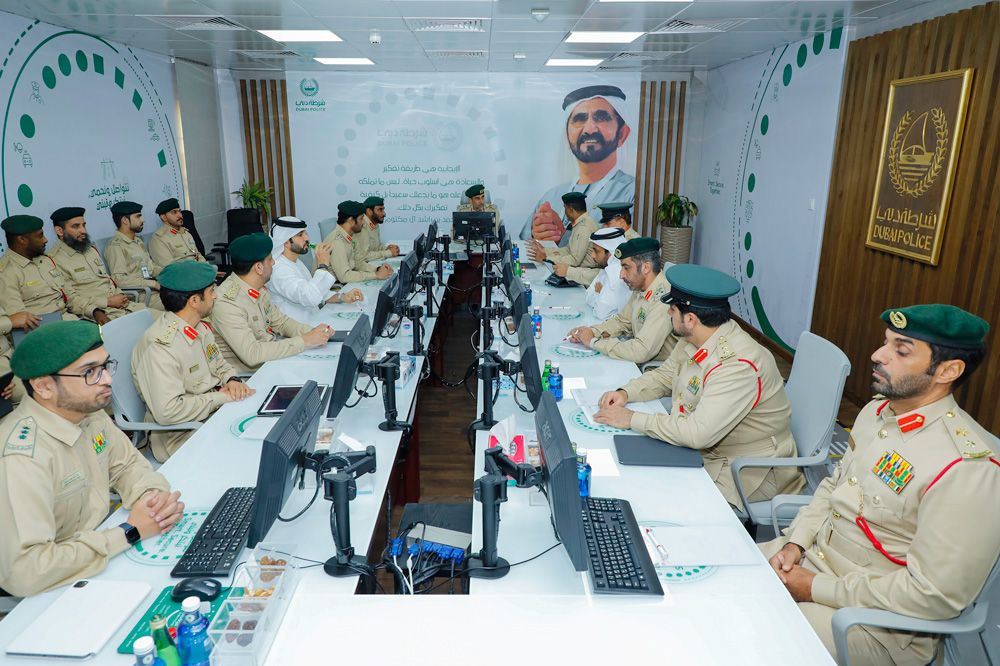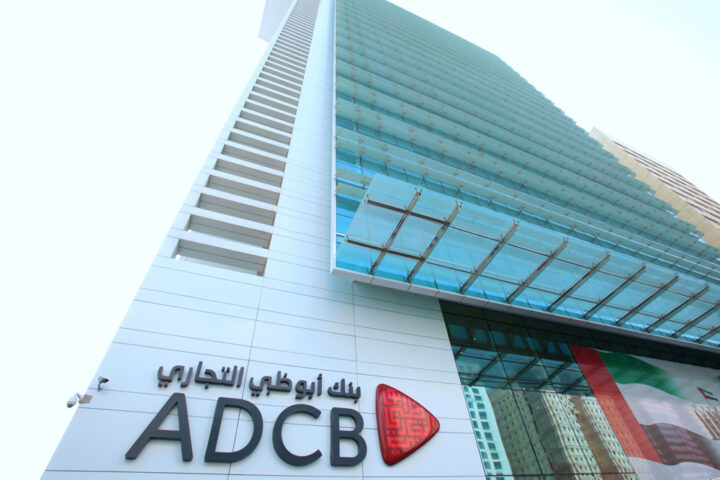Abu Dhabi, UAE – His Highness Sheikh Khaled bin Mohamed bin Zayed Al Nahyan, Crown Prince of Abu Dhabi and Chairman of the Abu Dhabi Executive Council, has given his approval for the implementation of the new Tourism Strategy 2030, signaling a significant milestone in the emirate’s journey towards strategic development in the travel and tourism sector. Spearheaded by the Department of Culture and Tourism – Abu Dhabi (DCT Abu Dhabi), this ambitious blueprint aims to propel Abu Dhabi into a new era of expansion and economic prosperity.
The Strategy outlines a comprehensive plan to elevate Abu Dhabi’s tourism sector, targeting a substantial increase in visitor numbers from nearly 24 million in 2023 to 39.3 million by 2030. This growth trajectory, averaging a 7% year-on-year increase, is anticipated to significantly contribute to the UAE’s GDP, with a goal to raise the sector’s annual contribution from approximately AED 49 billion in 2023 to AED 90 billion by 2030.
Key to the Strategy is the creation of an estimated 178,000 new jobs by 2030, as Abu Dhabi’s tourism infrastructure expands to meet the rising demand. The plan includes doubling international overnight visitors from 3.8 million in 2023 to 7.2 million in 2030, expanding hotel room availability from 34,000 to 52,000, and diversifying accommodation options, particularly in the holiday home segment.

H.E. Mohamed Khalifa Al Mubarak, Chairman of DCT Abu Dhabi, emphasized the significance of the Tourism Strategy 2030, describing it as a pivotal moment in Abu Dhabi’s transformative journey. Al Mubarak highlighted the Strategy’s role in fostering sustainable growth and strategic development, underlining the commitment to unlocking economic opportunities, amplifying the emirate’s distinctive culture, and enhancing its value proposition for tourists.
The Strategy is structured around four strategic pillars: Offering and City Activation; Promotion & Marketing; Infrastructure & Mobility; and Visa, Licensing, and Regulations. To realize its objectives, 26 key initiatives have been identified, with collaboration among various government and private stakeholders essential for their implementation. These initiatives aim to enhance the overall guest experience, expand promotional efforts, improve infrastructure, and streamline regulatory processes.
In 2023, Abu Dhabi witnessed remarkable growth in its tourism sector, welcoming nearly 24 million visitors. The surge in hotel guests and international visitors contributed approximately AED 49 billion to the UAE’s GDP. Key international markets such as India, Russia, United Kingdom, China, and the Kingdom of Saudi Arabia played a significant role, attracted by Abu Dhabi’s diverse attractions including cultural sites, pristine beaches, and natural landscapes.
The success of flagship events like the MOTN Festival and Formula 1 Etihad Airways Abu Dhabi Grand Prix, alongside cultural milestones such as the Al Hosn Festival and the Liwa Festival, further solidified Abu Dhabi’s position as a global leisure and tourism hub. With a promising trajectory and a clear roadmap outlined in the Tourism Strategy 2030, Abu Dhabi is poised to achieve new heights in the tourism sector, promising a vibrant and prosperous future for generations to come.















